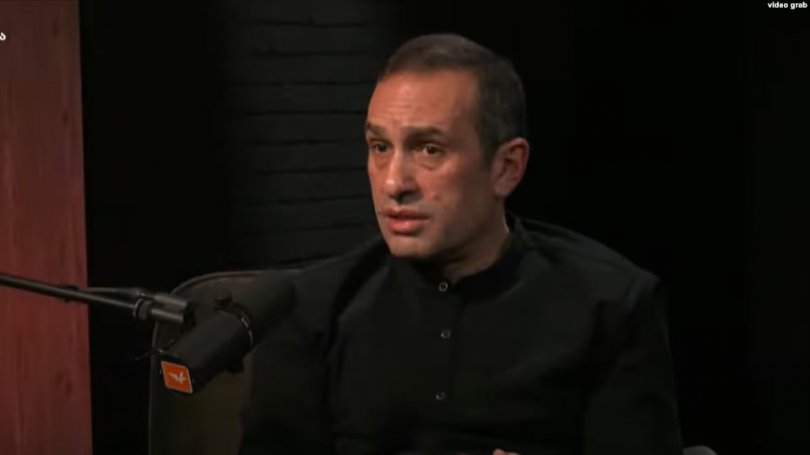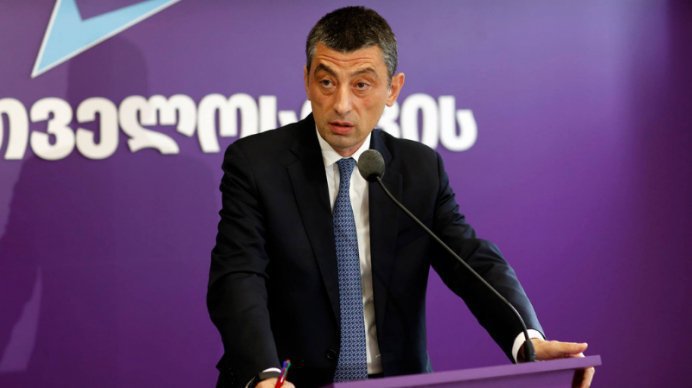
In a recent interview with Radio Liberty, former Georgian Defense Minister Irakli Alasania revealed that billionaire and former ruling party leader Bidzina Ivanishvili obstructed a crucial air defense contract between Georgia and France in 2016, preventing the country from acquiring advanced air defense capabilities. When Alasania defied the directive and attempted to sign the contract, a politically motivated criminal case was launched against Ministry of Defense officials, ultimately forcing him out of politics.
According to Alasania, discussions with France over the procurement of an advanced air defense system began in 2013, when he met with then-French Defense Minister Jean-Yves Le Drian. At the time, France was seeking European partners to contribute to a peacekeeping mission in the Central African Republic. Georgia expressed a willingness to participate, on the condition that France assist in strengthening Georgia's air defense capabilities.
The negotiations culminated in a proposed agreement under which Georgia would acquire the Aster-30 air defense system—one of the most sophisticated in Europe—on a long-term credit basis. The deal was poised to be a landmark agreement, breaking the long-standing de facto Western embargo on supplying Georgia with lethal and defensive weapons following the 2008 war with Russia.
Alasania stated that on the eve of the final signing of the memorandum with French defense contractors in November 2014, he received a directive from Ivanishvili—who at the time claimed to be out of politics—to block the deal.
On the morning of the scheduled signing, before dawn in Paris, five high-ranking officials from Georgia’s Ministry of Defense were arrested in Tbilisi on charges of embezzlement in what became known as the “Cables Case.” Alasania asserts that these arrests were politically motivated and designed to exert pressure on him. Despite this, he proceeded with signing the memorandum, but the political fallout led to his departure from government shortly thereafter.
Alasania argues that had the deal been finalized and implemented, Georgia’s air defense infrastructure would have been significantly enhanced by 2021. He emphasized that air defense is crucial for national security and deterrence, noting that it not only protects military assets but also serves as a psychological and economic stabilizer. According to him, a well-protected airspace would have increased investor confidence and strengthened Georgia’s geopolitical standing.
The former minister also disclosed that the agreement technically remains valid and that the French side left the door open for Georgia to resume the deal if it chooses to do so.
European Court of Human Rights Ruling on the ‘Cables Case’
On February 11, 2025, the European Court of Human Rights (ECHR) ruled in favor of the defendants in the “Cables Case.” The court determined that their right to a fair trial had been violated under Article 6 of the European Convention on Human Rights. The court found that the accused were not provided with adequate time or resources to prepare their defense and were not fully informed of the charges against them. The ruling validated longstanding claims that the case was politically motivated.
The arrests in October 2014 coincided with Alasania’s diplomatic visit abroad and marked the beginning of the split between his Free Democrats party and the Georgian Dream coalition. The classified nature of the case initially prevented defense attorneys from accessing key documents, further undermining the credibility of the charges.
While the original trial sentenced the officials to seven years in prison in 2016, subsequent appeals led to their sentences being commuted. Ultimately, they were pardoned shortly before their sentences ended.





